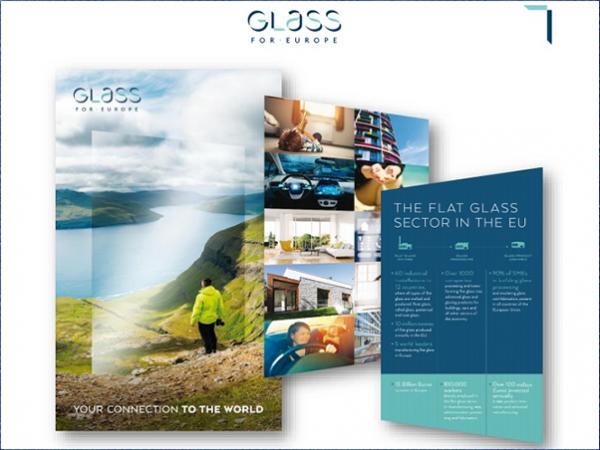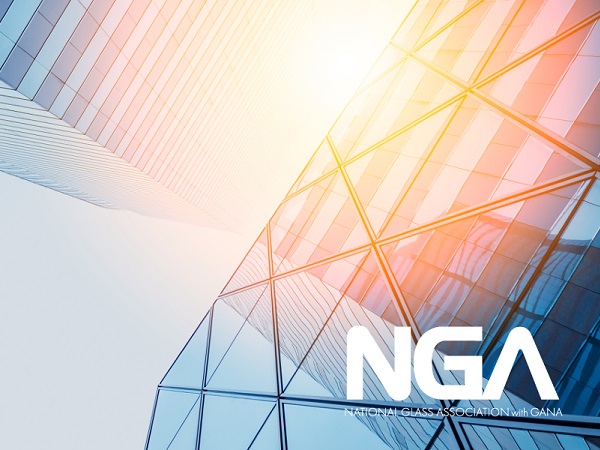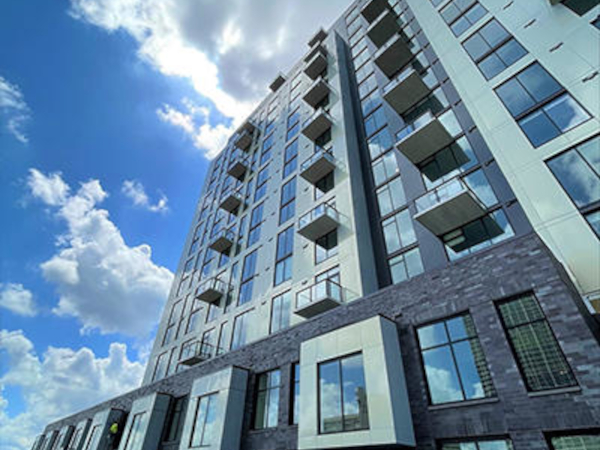
Date: 20 October 2017
On the occasion of its 55th anniversary celebrated during a cocktail reception held in Brussels yesterday evening, Glass for Europe officially launched its new structure enlarged to European representatives of building glass transformers and processors and unveiled its new visual identity.
Glass for Europe, which has long been counting in its membership five world leaders in flat glass production, is now joined by national partners regrouping thousands of companies from all across Europe, mostly SMEs, processing and transforming flat glass into energy efficient glazing products for buildings, safety glass, mirrors and decorative glass.
Thanks to this enlargement to glass processors and transformers, Glass for Europe now represents the entire flat glass value-chain in Europe, in all its diversity.
Dr Reha Akcakaya, Chairman of Glass for Europe and CEO of Sisecam, explains: “This move is there to support a strong flat glass sector in the EU. It will reinforce Glass for Europe as a centre of expertise and as an industry hub to the benefit of all actors of the value-chain. Flat glass manufacturers, transformers and processors now work together to address and overcome the industry’s challenges.”
Among these challenges are the deployment of ever-better performing flat glass products, be it energysaving glazing solutions, building integrated photovoltaic glass or cutting-edge safety glass components for tomorrow’s clean and automated vehicles.
Equally, ensuring the effective recycling of glass waste, accelerating the decarbonisation of industrial operations, and supporting digitalization are key to the future of the sector. It is with a view to progress even faster in all these fields that the flat glass valuechain comes together in Glass for Europe.
The enlargement of Glass for Europe offers a momentum to showcase the diverse and dynamic nature of the sector in Europe. It is a key advanced value-chain enabling technological progress in all the economic sectors it serves such as buildings, automotive and transport as well as solar-energy, electronics, appliances, etc.
“This is thanks to continuous and yet invisible innovations in flat glass, which seamlessly enhance comfort, safety, design and sustainability. To meet its sustainable growth aspirations, the EU needs a strong flat glass sector in Europe”; concludes Bertrand Cazes, Secretary General of Glass for Europe.
This new Glass for Europe deserves a fresh visual identity. While flat glass products connect people to the world, the new visual identity is conceived as an invitation to connect and engage with its industry and its people. With its timeless and elegant design made of smooth curves and straight lines, the new logo mirrors the glass material.
 600450
600450








Add new comment